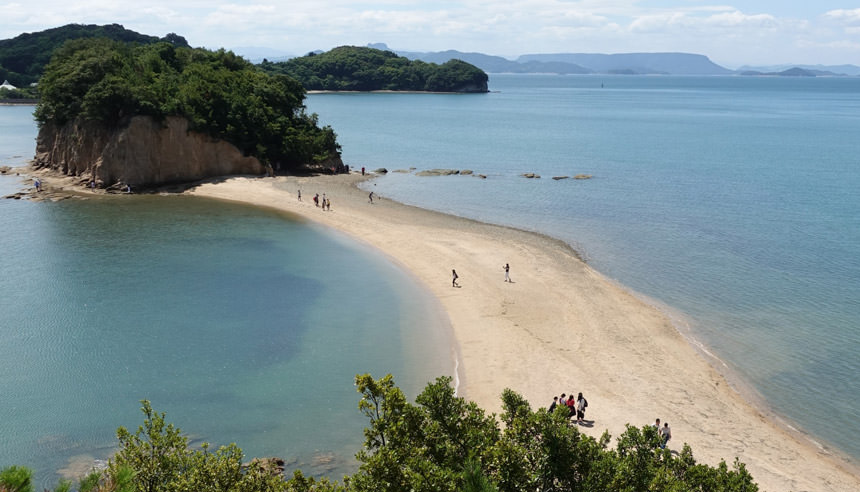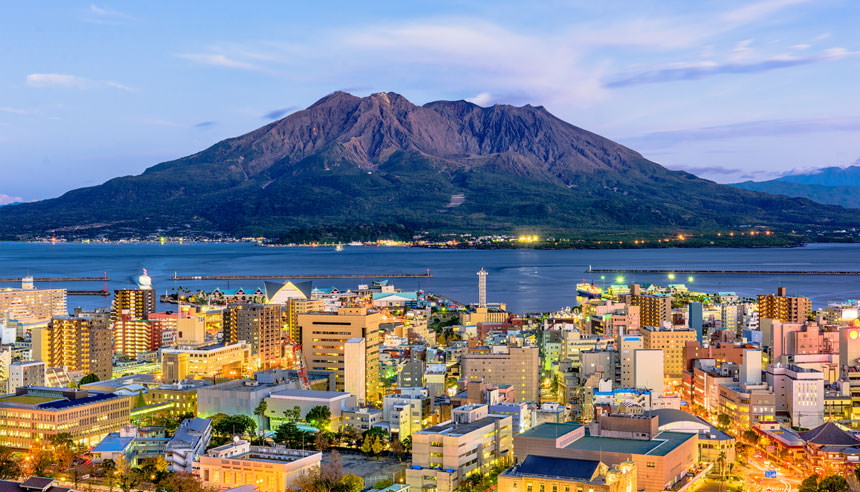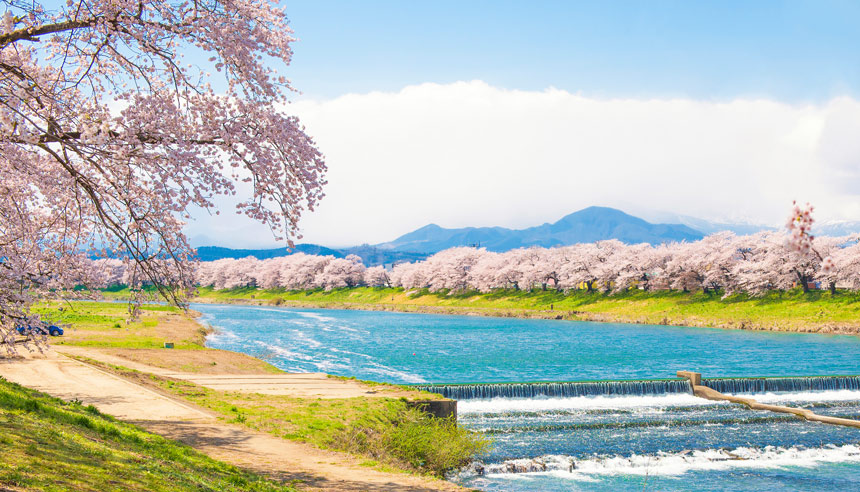Flights from Hong Kong to Hiroshima
Cheap flights and information
Remembered most as the site of the first dropping of an atomic weapon, there is no denying Hiroshima’s place in history, and Peace Memorial Park is a must when looking to understand the wartime events that took place here.
But this resilient city by the bay was quick to pick itself up after the earth shattering events of 1945, and today Hiroshima is filled with the same exuberant lifestyle found in other modern Japanese cities. The cityscape charms visitors with world heritage shrines and temples, peaceful river front parks and gardens, a multitude of museums, shopping and dining districts, and even nearby hot springs, where visitors can relax in the beauty of an open-air mountain setting.
Events and festivals are held throughout the year too, allowing visitors to join in the fun of seasonal celebrations. Flower and cherry blossom festivals in the spring, and the viewing of colourful leaves in the autumn are just some of the most popular annual occasions. And if you enjoy that most famous of Japanese alcoholic beverage, don’t miss the Sake Festival held every October in Saijo District. Be sure not to miss out on one of Hiroshima’s most famous foods – oysters, or try the always popular Tsukemen noodle soup.
Cheap flights to Hiroshima, Japan: HK Express currently operates flights into and out of Hiroshima Airport (HIJ) and service to other popular cities in Japan. Please use our search feature above to find the cheapest flights for your date of travel!
Explore Hiroshima on Bicycle
Enjoy a scenic tour around the city and nearby islands on one of the many designated bike paths. Long bridges connect coastal areas and islands for an easily navigable ride. The beautiful surroundings provide the perfect opportunity for sightseeing, photography or a picnic. Bicycle rentals are available at one of the terminals located around the city.
Parks and Gardens
Peace Memorial Park and Shukkeien Garden are two must see parks when visiting Hiroshima. Peace Memorial Park features a museum and many historical structures and landmarks that tell the story of the Hiroshima bombing. Established in 1620, the Shukkeien Gardens are famous for their serene settings and most notably, its plum trees and cherry blossoms.
Hiroshima Castle
One of Hiroshima’s oldest and most significant landmarks, this historic castle dates back to 1590. The castle was reconstructed in 1958 after being damaged in the 1945 bombing of the city, and is today a favourite location during cherry festival season. The elaborate five story castle features sloped roofs and intricate Japanese design characteristics.
Hiroshima is composed of eight geographic regions, including Asaminami, Minami, Naka-ku, Higashi, Nishi, Aki-ku, Asakita-ku, and Saeki-ku.
Naka-ku
Naka-ku is the heart of Hiroshima, housing both the the city’s business district and the Peace Memorial Park. Major attractions include the Hondori shopping arcade and Okonomimura, a building with numerous restaurants serving Hiroshima's famous food.
Higashi
Constructed in the 1300s, the Fudoin Temple is located within the Higashi. It has been designated as the only national treasure in the city.
Hiroshima is filled with hostels and reasonably priced guest houses within walking distance of the JR Hiroshima Train Station and city attractions, including the Atomic Bomb Dome area. Hostels are simple but clean while guest houses offer a charming Japanese style atmosphere.
Hiroshima offers all kinds of transport options, including rail, streetcar, tram, bus, ferry and taxi service. From the airport, busses and taxis offer transport to the city as well as to Japan Railway stations where bullet train connections can be made to points throughout Japan.
The Hiroden streetcar is one of the best ways to get around the city cheaply. The eight route network covers much of the urban area with one line stretching to the suburbs. The fare is paid in coins. The Astramline transit system is another cheap and efficient way to get around the city. The tram system also covers suburban areas. Tickets are distributed from vending machines at each station.
One of the most fun and popular ways to get around Hiroshima is by bicycle. City footpaths are fairly wide and designated bike paths provide scenic routes for touring. Hotels can help with bike rentals.
Hiroshima is blessed by a generally warm climate. Nevertheless, the difference between the mountainous area in the north and the seaside region in the south is quite pronounced.
The average temperature and rainfall in the north is 12 Centigrade and 1,700mm, respectively, compared to 15 Centigrade and 1,500mm in the south.
Currency
Japanese Yen (JPY)
Electricity
100V 50Hz
Language
Japanese, English
Timezone
UTC+9
Tel code
+81
Religion
Shinto, Buddhism



